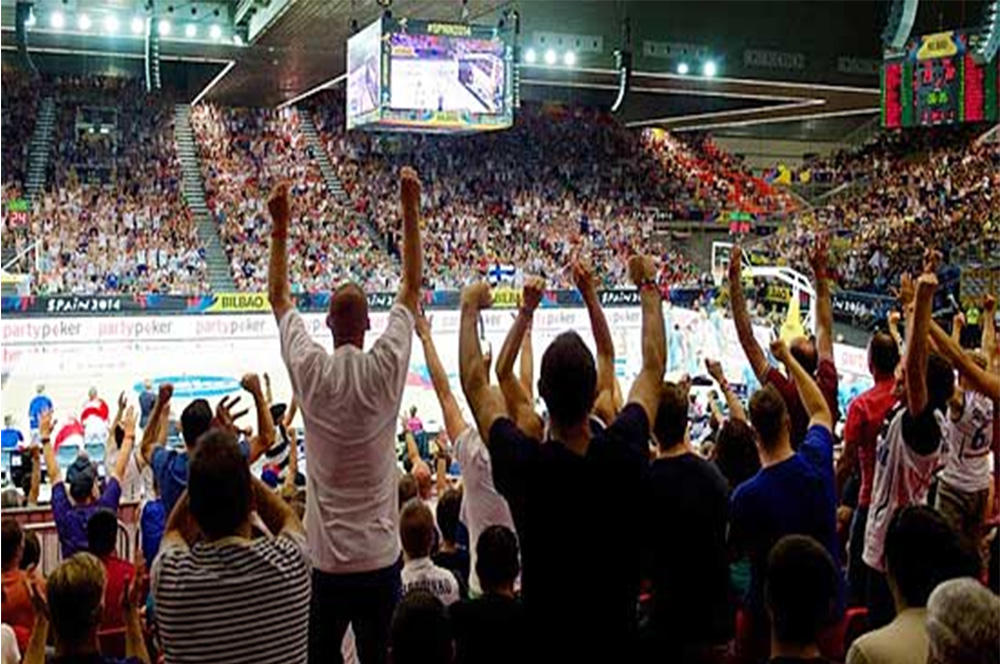LATER this year, the FIBA Basketball World Cup 2019 Qualifiers kick off which also signal the start of the new competition system and calendar instituted by the world basketball governing body which it touts as “bringing the sport home.”
A product of careful study and considerable deliberation time, FIBA said the timing of the changes is apt.
In coming up with a new calendar and system for it, FIBA had the further growth of the game worldwide, increase visibility through regular national team games and opportunities for new talent as key motors.
Under FIBA’s new competition system and calendar, the following are now to happen:
• The FIBA Basketball World Cup has been moved to 2019, to be hosted by China, then every four years after so as to avoid a clash with other major sporting events;
• There will now be a two-year qualification period for each FIBA Basketball World Cup featuring six windows per qualification period (November, February, June, September, November and February) and will have the competing teams playing home-and-away matches;
• The FIBA Basketball World Cup will be played with 32 teams under an optimized system consisting of two divisions. The teams will be composed by the host country, five from Africa, seven from Americas, seven from Asia/Oceania and 12 from Europe;
• Qualification for Olympic Games will be through the FIBA World Cup and four FIBA Olympic qualifiers. Universality will remain in place for the qualifying process to the Olympic games, ensuring that each continent is represented;
• Asia and Oceania will play together in an Asian region to
• Continental Cups -- renamed as FIBA AfroBasket Cup, FIBA AmeriCup, FIBA Asia Cup and FIBA EuroBasket Cup and will now be stand-alone tournaments and not to be used as a qualifier for the World Cup -- will follow a four-year cycle.
FIBA said the new system offers a clear structure and hierarchy of the competitions at a global level, is more player-friendly and easier for fans to understand. The regular games of national teams year-round will also bring increased media coverage and promotion, creating synergies with club competitions and enhancing the commercial potential of basketball.
The new system and calendar have received positive response to various stakeholders.
“The only time we see the national team is one month a year, about August time and of course for the fans it’s a disaster. With the New Competition System, every three months you’re going to see your national team, you’re going to see your players in front of the fans and different cities have the chance to see the national team. So it’s a very good idea. The national team is like the crown jewel, it’s the cherry on the pie,” said Andrei Kirilenko, former Russian national player and National Basketball Association All-Star and now president of the Russian Basketball Federation.
“This new system creates more games against quality opposition and attracts great players. These games mean something. To play in a game that is critical on the journey to becoming an Olympian and a (FIBA Basketball) World Cup player, that is what you play for,” Andrew Gaze, FIBA Hall of Fame inductee and Australian basketball legend, for his part, said.
Before coming out of with the changes, all national leagues throughout the world, including the Philippines’ Samahang Basketbol ng Pilipinas, Inc., agreed to implement the New Competition System and Calendar.
EFFORTS LAUDED
Meanwhile, SBP Chairman Emeritus Manny V. Pangilinan lauded Gilas Pilipinas and Batang Gilas Pilipinas for ruling the Southeast Asian Basketball Men’s and Under-16 tournaments on home soil.
Speaking at the BusinessWorld Economic Forum last Friday at the Shangri-La at the Fort in Taguig City, Mr. Pangilinan briefly touched on the efforts of the national teams in the weeklong event that culminated last week with them winning their respective divisions.
“Congratulations to Gilas Pilipinas for winning the SEABA tournament. They say it was overkill on our part but the players stayed focus and showed true commitment. They now prepare for the FIBA Asia Cup to be played in Lebanon and the World Cup qualifiers in November,” said Mr. Pangilinan.
The SBP official also hailed Batang Gilas as the “future.”
“If you got to see Batang Gilas, you saw the future of Philippine basketball. They have tall guys there who can really play. If they continue to develop it will be good for us,” he said.
Mr. Pangilinan went on to highlight how far the SBP has come since being set up a decade ago to help organize the basketball affairs in the country.
“FIBA has recognized our efforts and they respect us more. We are continuing to work with them,” he said.
Mr. Pangilinan reiterated their commitment at SBP to continue supporting and developing the “sport that Filipinos love,” sharing that they are bent on securing at least a co-hosting bid for the 2023 FIBA World Cup after losing to China for the 2019 edition of the event.
Last year, led by SBP, the country played host to one leg of the FIBA Olympic Qualifying Tournament and next year it is set to be the venue for the FIBA 3x3 World Cup.





